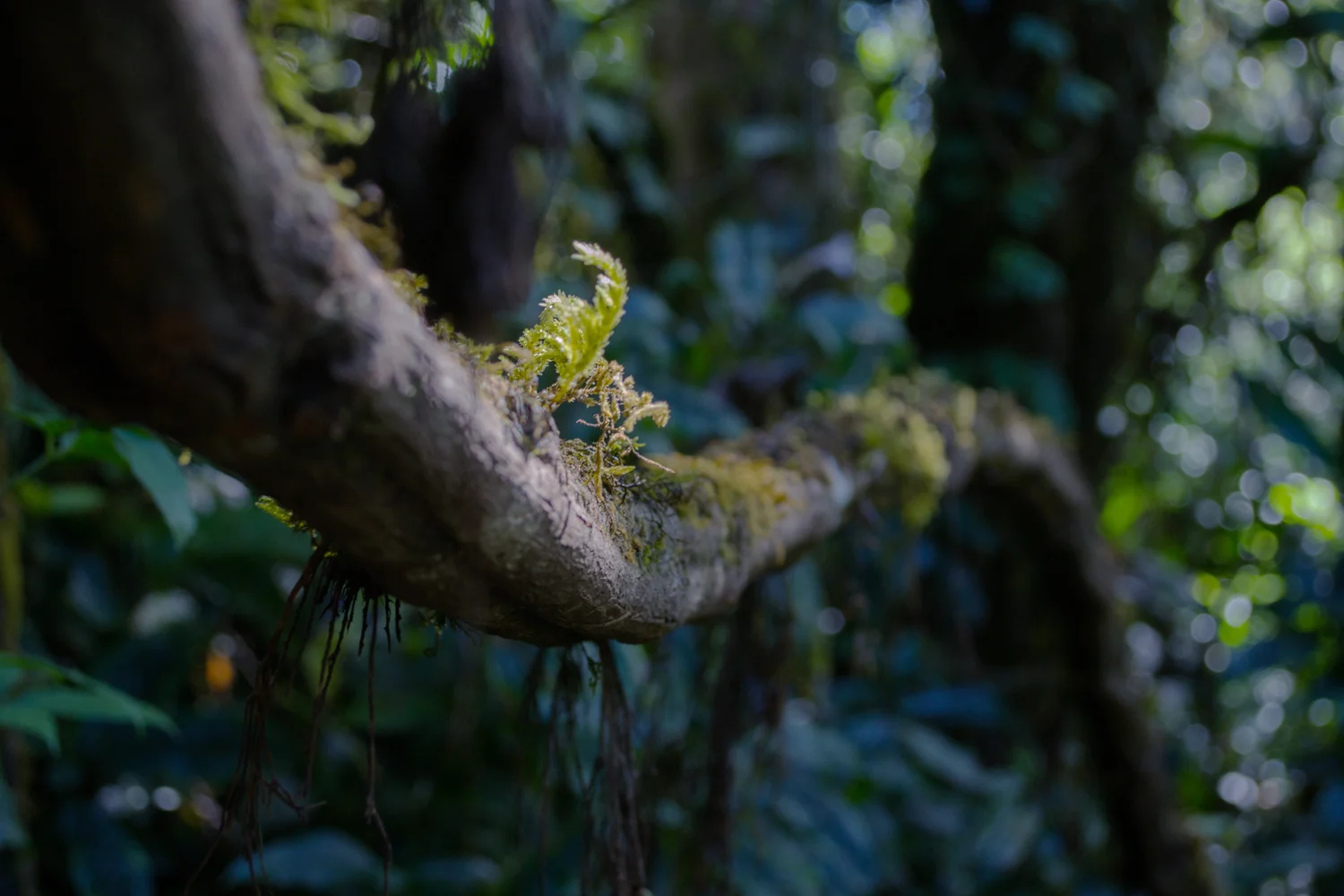Sourcing renewable raw materials

Neste uses only sustainably sourced renewable raw materials that fully meet the sustainability requirements specified in the legislation in our key markets. Identifying and selecting good partners are crucial in ensuring the sustainability of supply chains. We select our renewable raw material suppliers carefully and monitor their performance. We source renewable raw materials only from traceable sources.
Globally sourced
We source renewable raw materials globally, from over 60 countries on 5 continents. We are primarily focused on waste and residue raw materials and continue to build our global platform for capturing a greater share and wider scope of waste and residue oils and fats.
In 2018, we acquired 51% of the shares of Demeter, one of the largest animal fat waste traders in Europe.
In 2019, we opened an office in Shanghai and another in Melbourne focusing on renewable raw material sourcing.
In 2020, we acquired 100% of Mahoney Environmental, a collector and recycler of used cooking oil in the United States, and its affiliated entities. This supports our efforts to gain access to a substantial volume of used cooking oil and to grow our raw material supply chain in North America.
In 2021, we closed the acquisition of Agri Trading, one of the largest independent renewable waste and residue fat and oil traders in the United States.
In 2022, we acquired Walco Foods (renamed Neste Walco Limited), an Irish trader of animal fats.
In 2023, we acquired a used cooking oil collection and aggregation business from Crimson Renewable Energy in the US.
In 2023 we increased our ownership of Neste Demeter to 80% and agreed to acquire the remaining shares over the next few years.
We strengthen our sourcing capability with continuous expansion of our global raw material aggregation network. The number of renewable raw material suppliers in our supply chain is over 600.
Traceability
All our renewable raw materials are traceable back to the point of origin as required for our products in the local markets.
Developing traceability within the palm oil industry: Waste and residues from the palm oil industry, such as PFAD, are part of our extensive portfolio. Neste has a clear position against any actions that would cause deforestation and forest degradation and is committed to combating deforestation in its supply chains. Improving traceability is one of the key tools. Neste is driving improved transparency within the palm oil industry as a whole in collaboration with partners.
More information about our palm fatty acid distillate (PFAD) supply chains can be found on Neste's traceability dashboards.
More about sourcing

Sustainability due diligence
Knowing the origin of our raw materials is a fundamental supplier requirement. Where possible, our aim is to gain visibility throughout the entire raw material supply chain, including our suppliers’ suppliers.

For suppliers
Neste is a global buyer of used cooking oil (UCO), animal fat waste and a variety of other renewable raw materials. We are continuously searching for new suppliers to grow sustainably with us.
Share this

